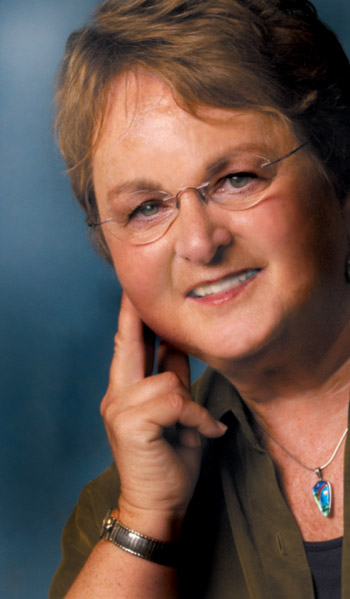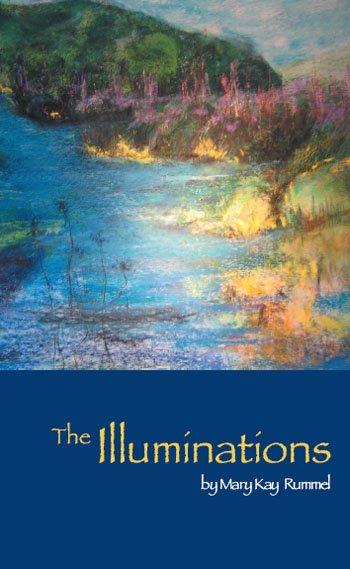|
Cairns
Inverness, Scotland
1
The loch is slate air, peat smoke and mist.
We find in the field among cows and sheep
the stone age graves flanked by standing stones.
No one really knows who the Picts were
or what’s in these graves appeasing their gods.
2
I set up the tripod and camera
comforted by its whir and dream myself back.
At first only the sound of sheep bells distracts
a bleat, a moo, the feeling of being among
until a couple and their two children
arrive, talking as they find the ancient
doorways, stone beds, barn and byre.
Both scientists, they know the whys
of stone. What I hear is hidden between.
The parents’ eyes are flint.
3
The stones tell only different ways of seeing:
say all is relationship, everything counts
in blank fields, hovering on the edge of sense.
Possibilities make their own light,
scraps of touch, touching
behind them, a hand wavers.
4
Echoes spin round me, wind-riven.
When you sink into such a place
death could come upon you the way
it came to the old Scottish woman
who was resting on a rock in her field.
Death made her part of the field
of the run-on sentence of snow,
the afterthought whispers of flake.
5
Underneath my life is a life
I have chosen not to live.
Adumbrare on water, in air
between stone and flesh
between fragment and completion
between trace and memory
distance so great it is not.
Translations
Lovers look into water never thinking of Polycrates
who threw a ring into a river for good luck
and the god sent it back in the mouth of a fish.
*
A Parisian illuminator painted
Boccaccio’s tale but confused
the Italian anello with agnello
and made a fish with a lamb
in its mouth appear as the Persians
hung Polycrates.
Was it a failure of translation then,
or a failure of meaning?
Either way, Polycrates was killed.
Did he betray himself, believing
in symbols that didn’t work?
Take the letters carved
on a stone tablet that I touched
in that small museum at Epidaurus.
The spiral Mycenaean script could be
a record of business or judgment or irony
the story of a murder by twins, how one
was punished and one went free.
Maybe I touched six goats with bells
or two donkeys nuzzling.
The spiral script could be a love poem,
words that come close to what they mean, could
say love smells of oregano, is an owl in the night, says
love gives six gold coins, a bolt of filtered cloth,
is luck, is lapis, basil, a fish with a lamb in its mouth.
Learning in Normandy
Avranches, France
In a small town in Normandy I visit an old monastery
with winding stone steps, glass cases of manuscripts
kept in damp dark. Then, I walk out
into light, to a square bursting with life.
It is first communion Sunday for girls posing
in long lace, for boys shining in white suits,
for mothers with camera smiles, fathers with
minds on the coming dinner and wine.
In a place where everything moves upward
or down to the flat tide bed, I listen to a language
I know little of, glimpse what I’ve lost, what
I never had. Their lives like mine, I read
their hungers, their guilts, their overdrafts.
Their Sundays don’t hurt. I know their happiness
the way sometimes in a museum the iconic eyes
of some saint look into mine and irony lifts
from my brain. What’s left is recognition.
I walk downhill with it,
able to name some of the parts but not the whole,
inside me, what I know.
|


|

